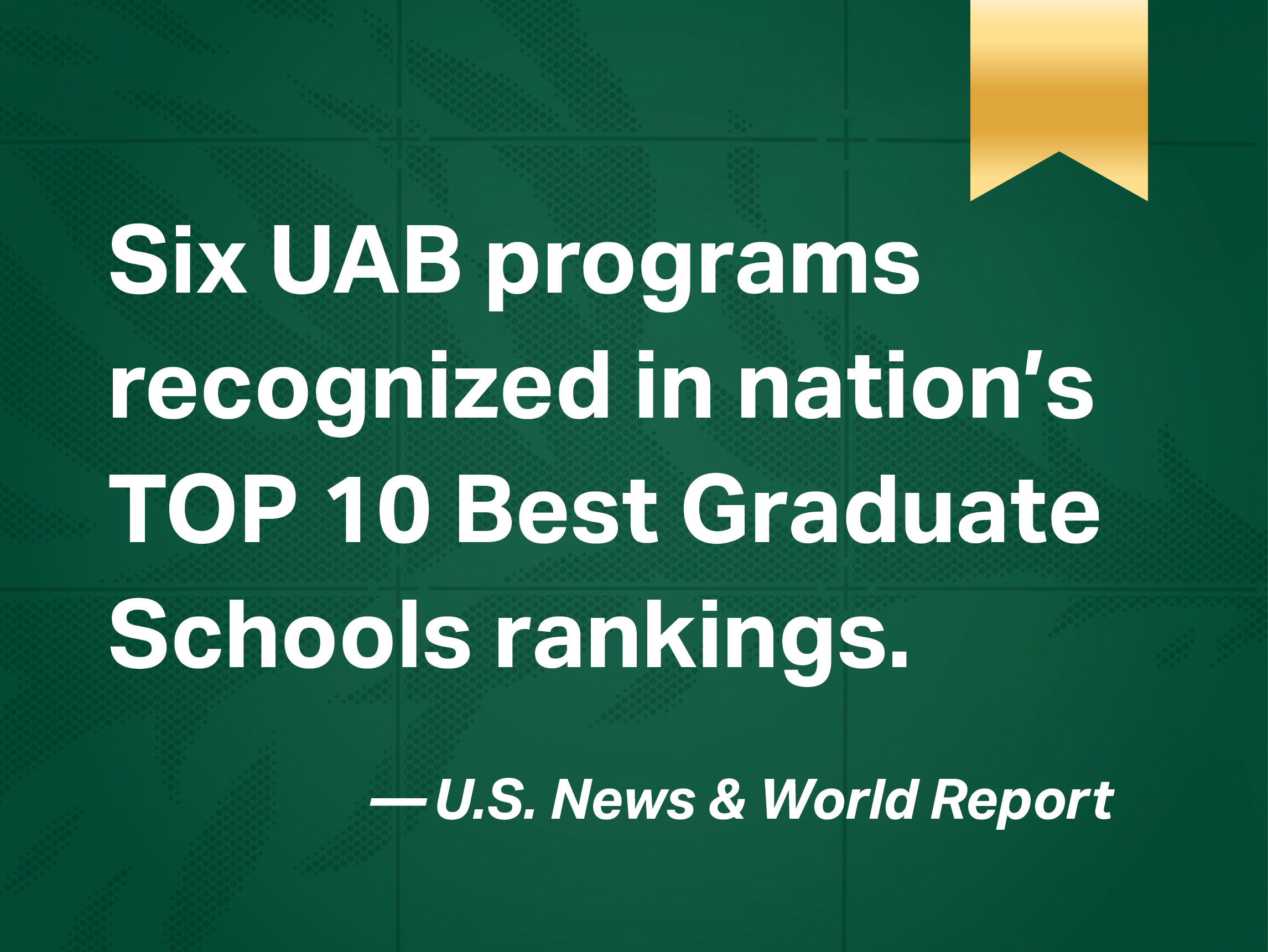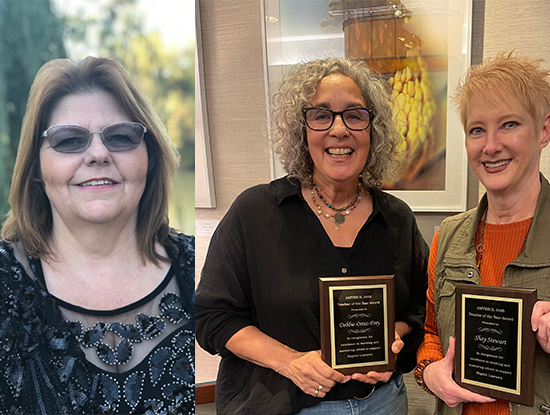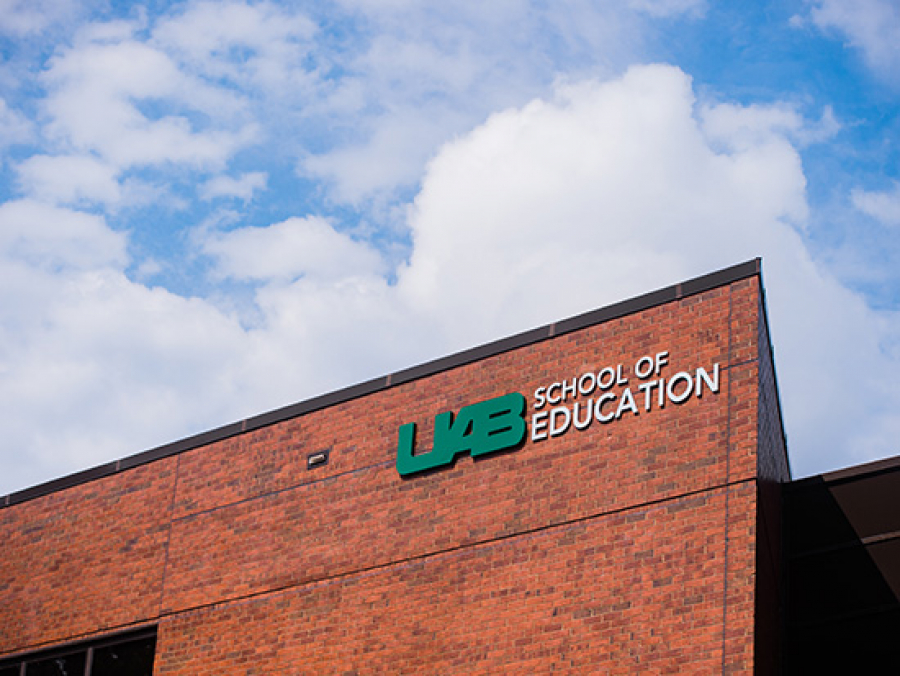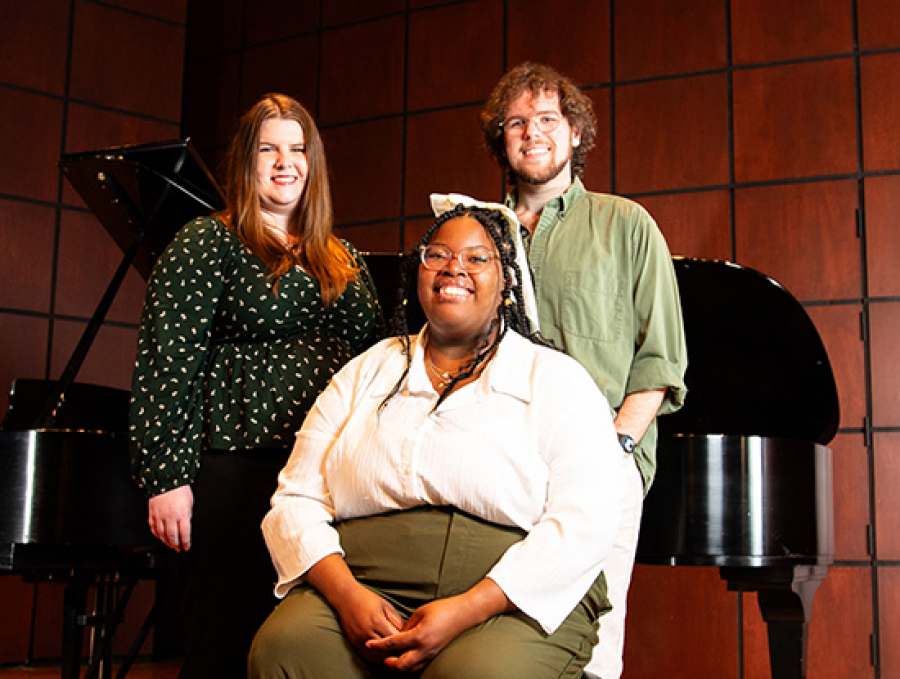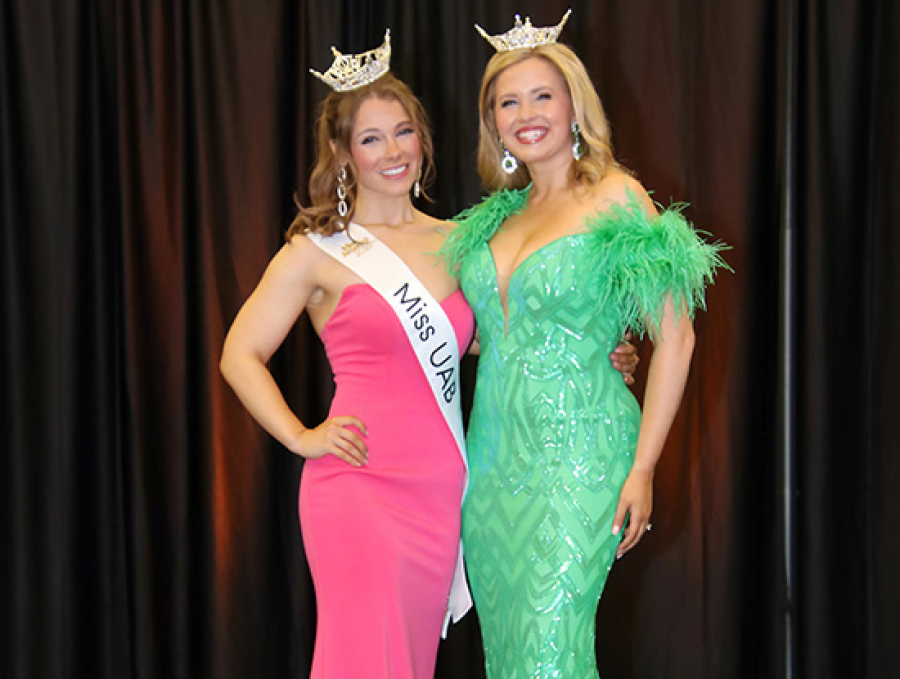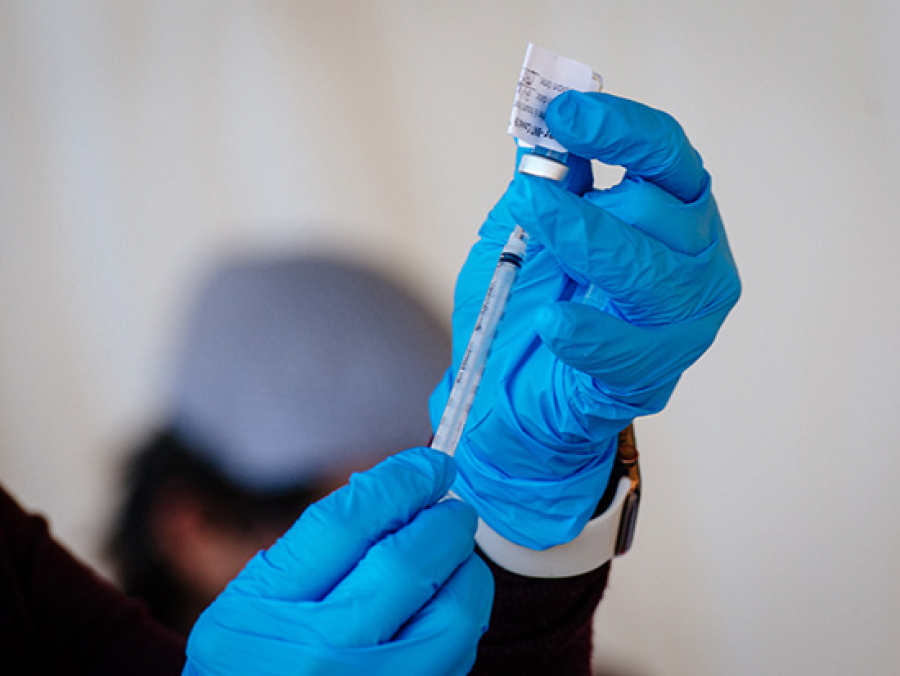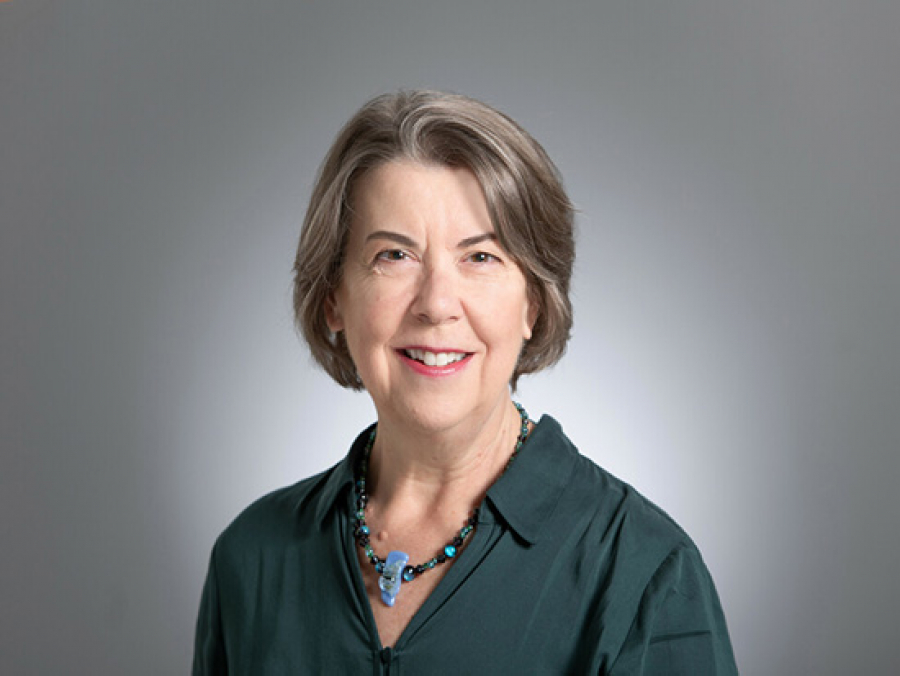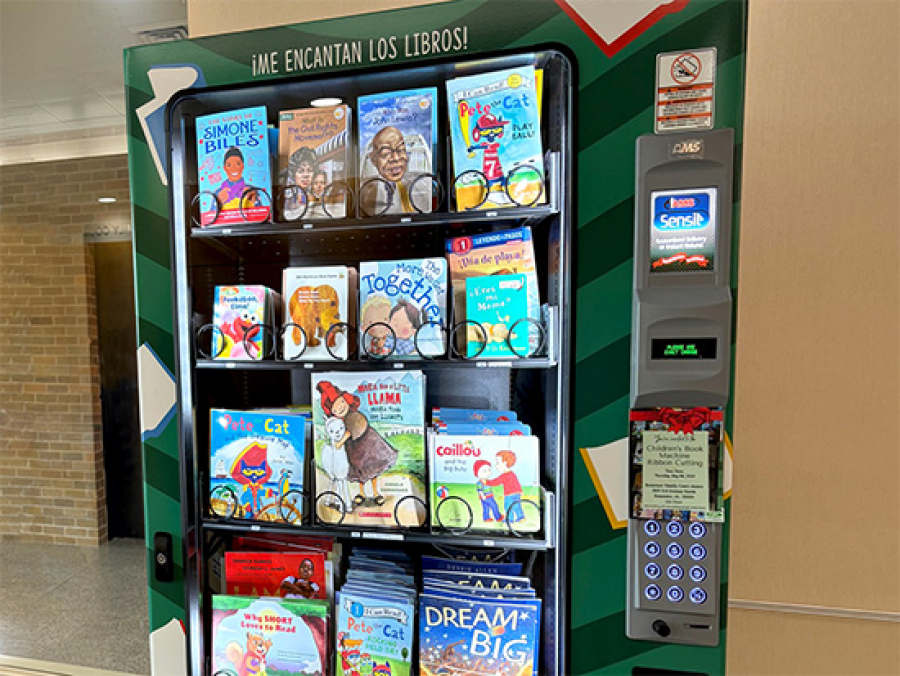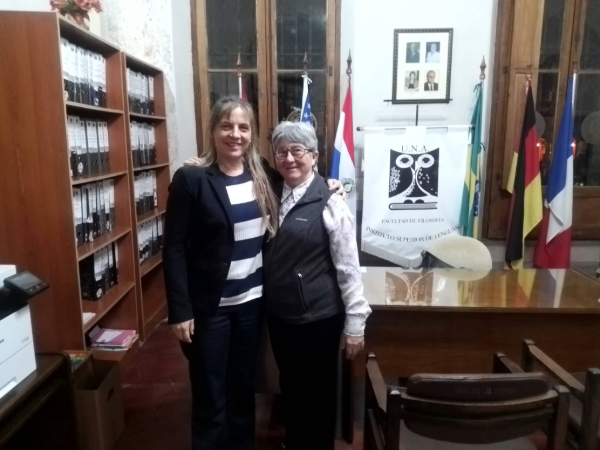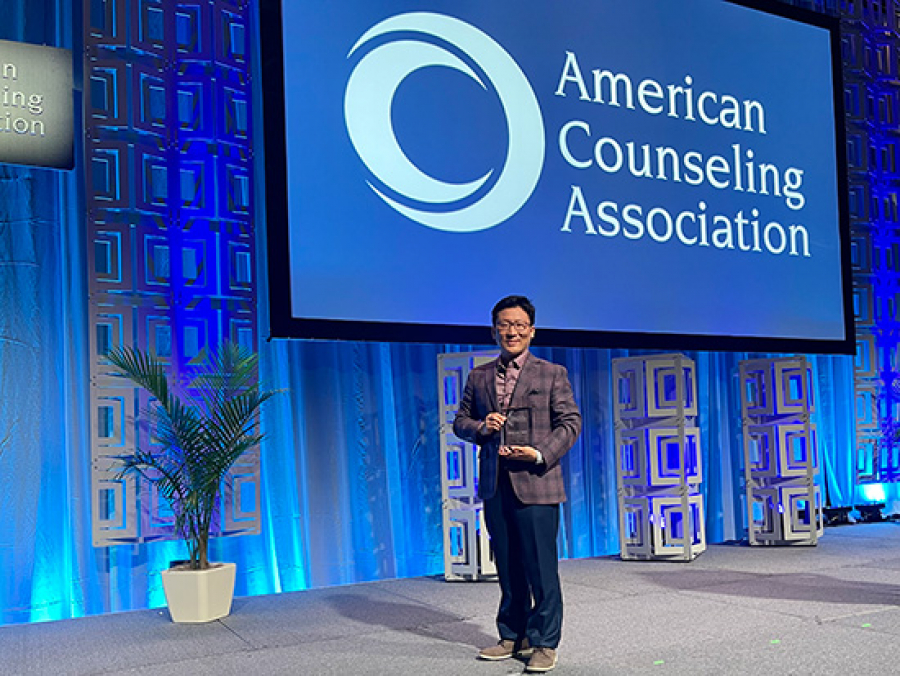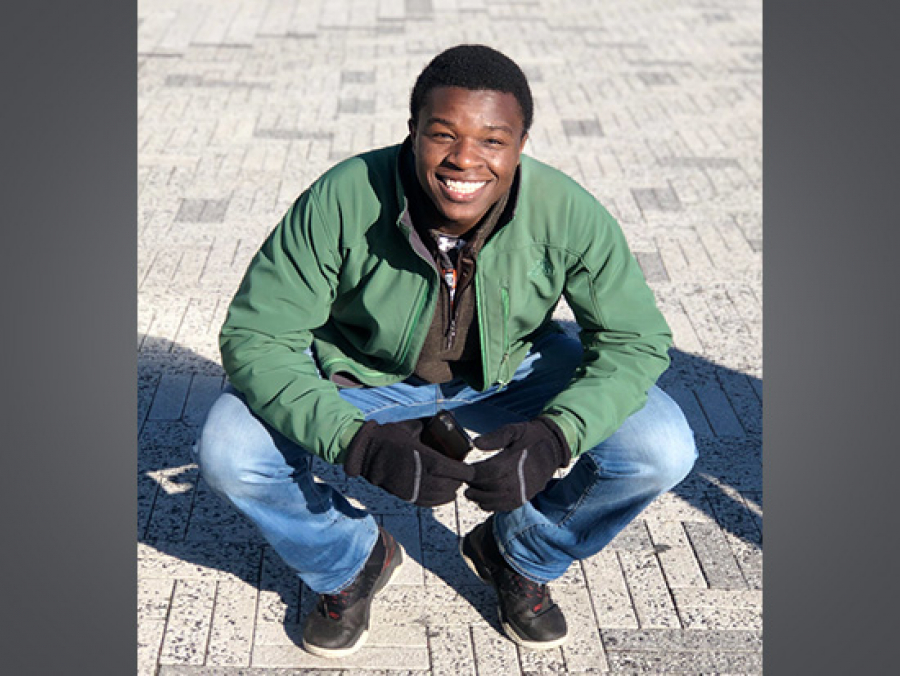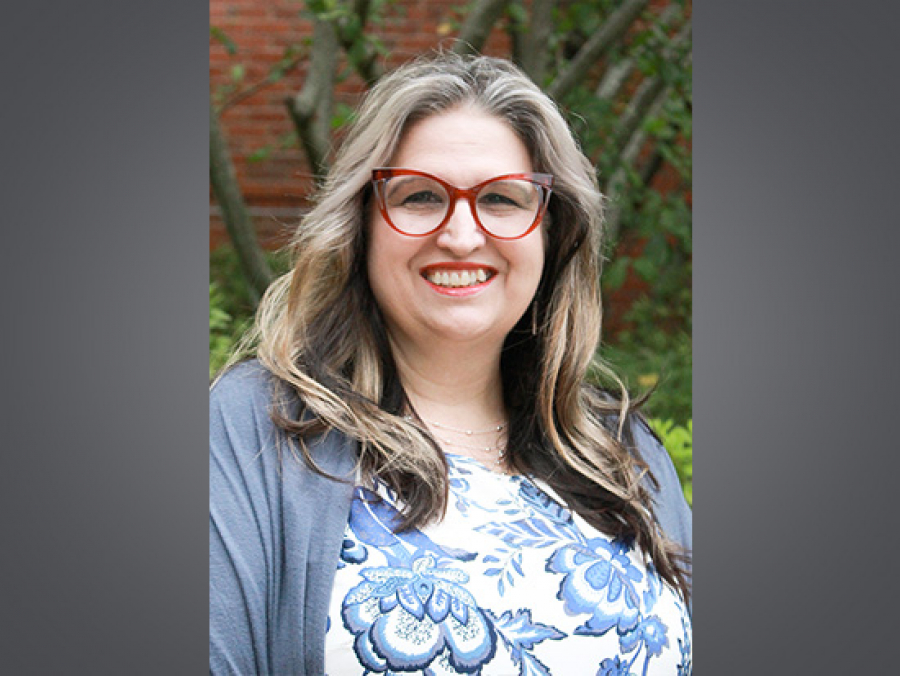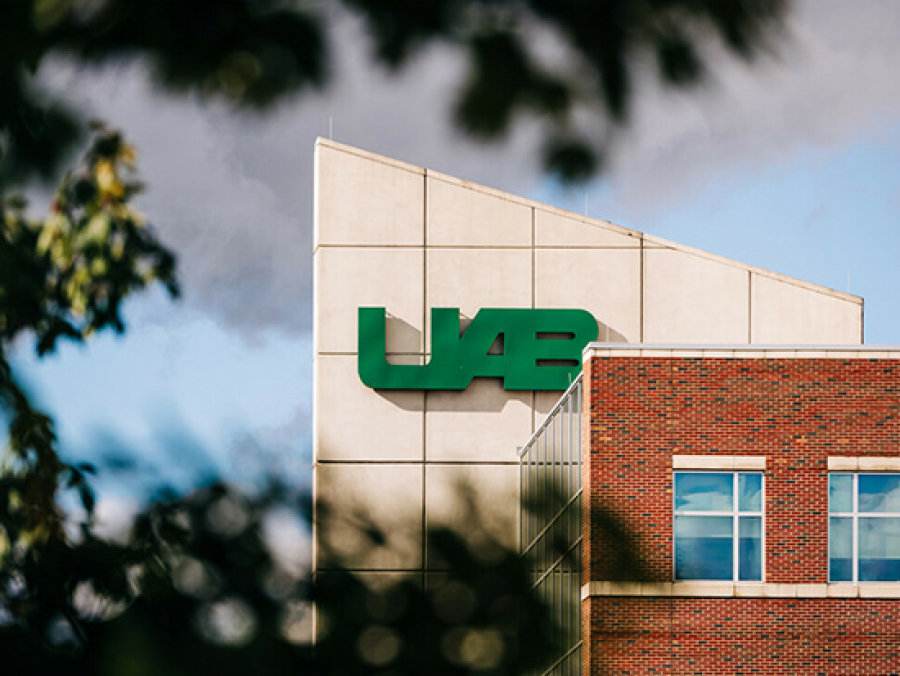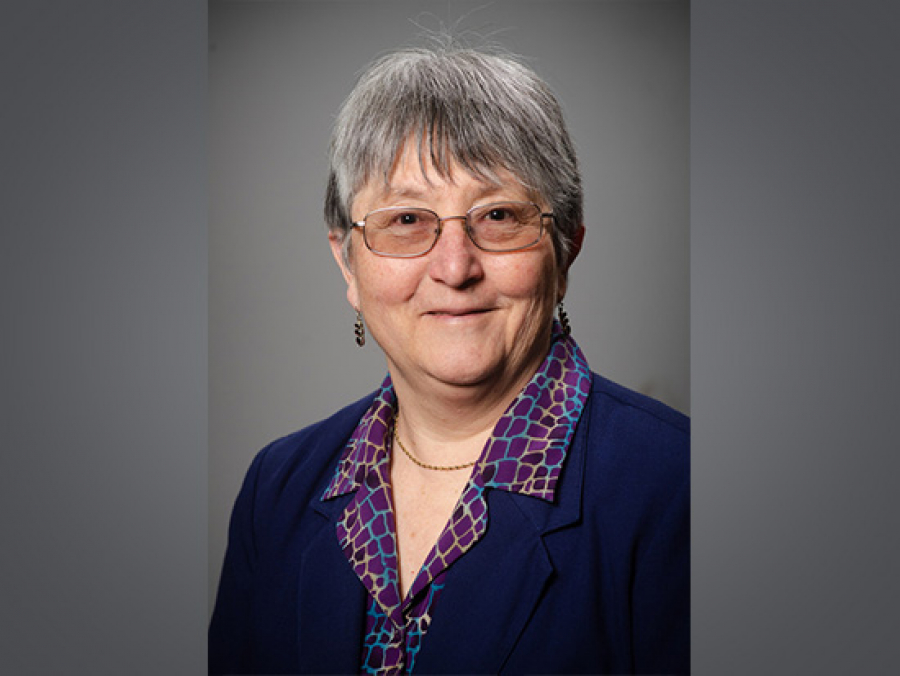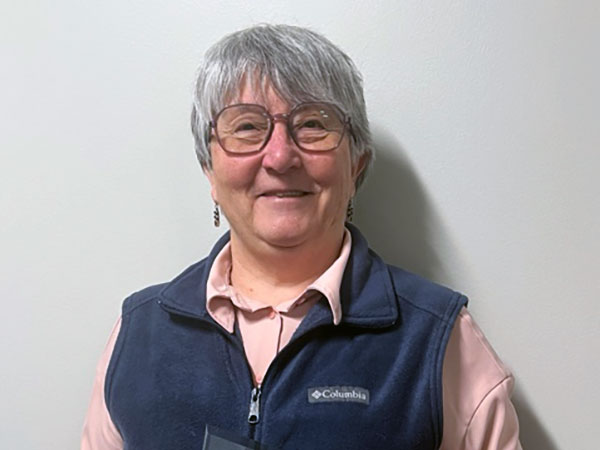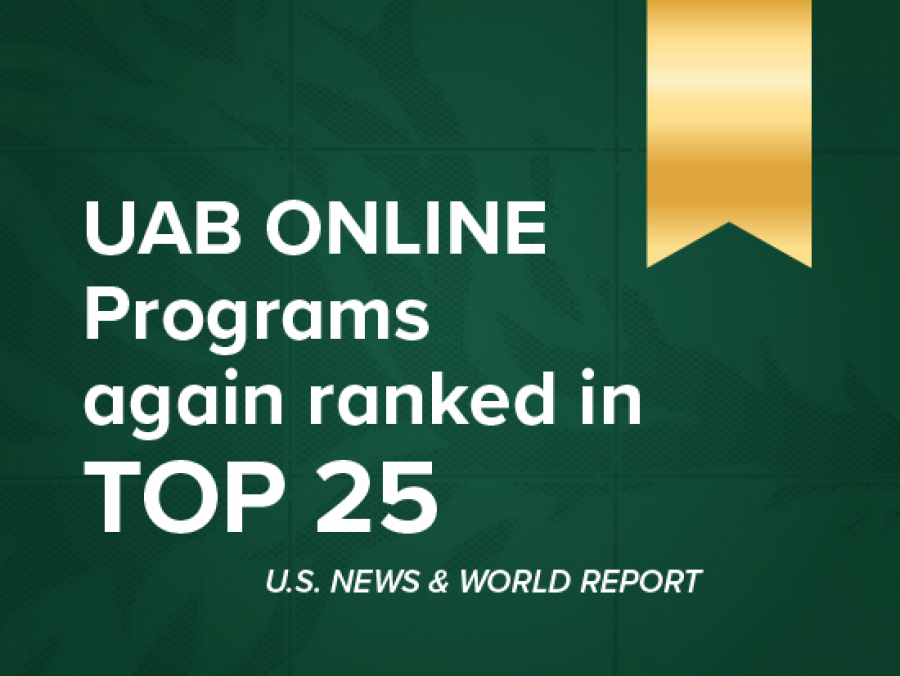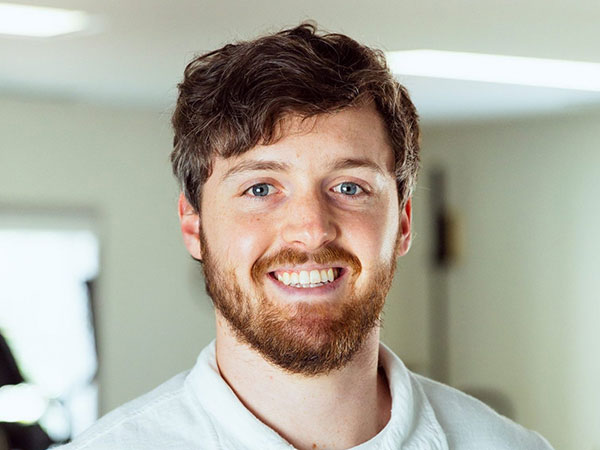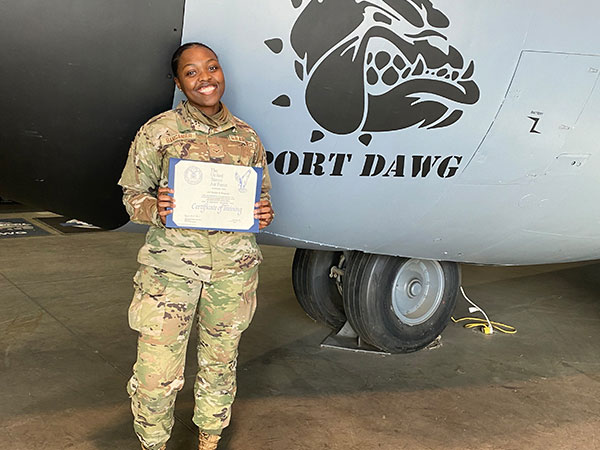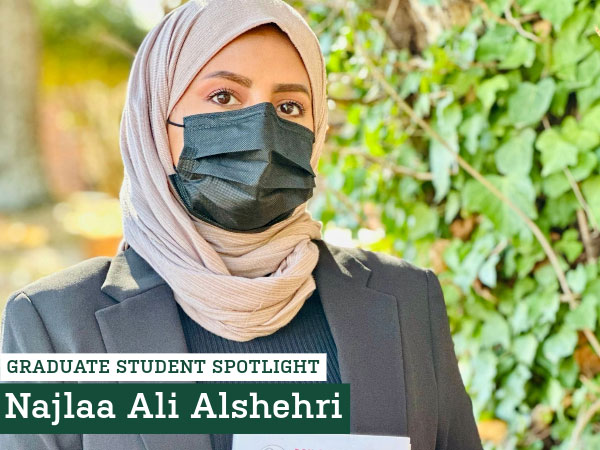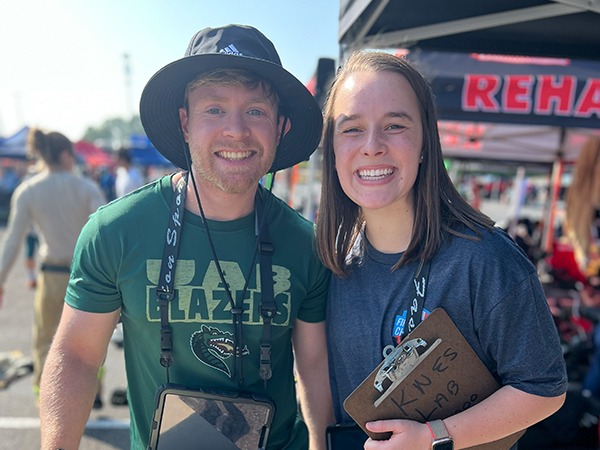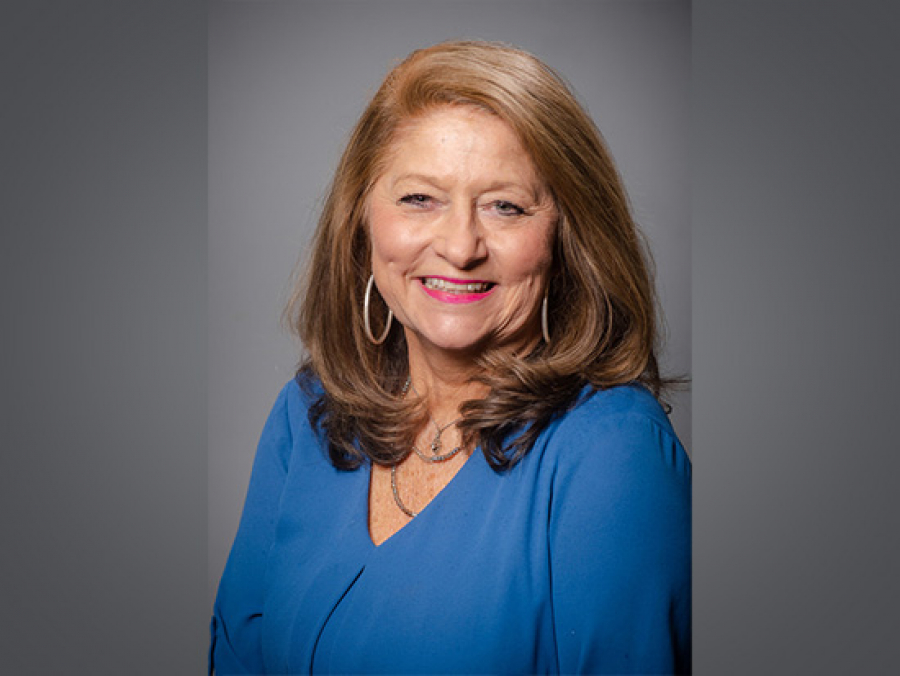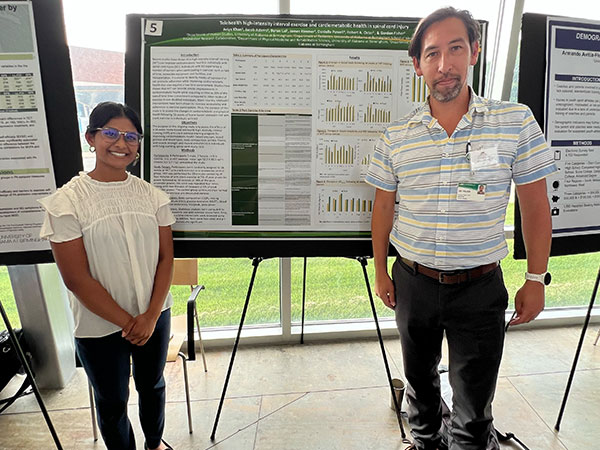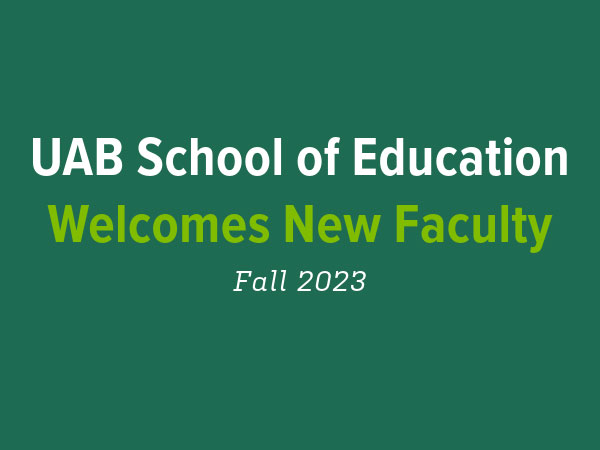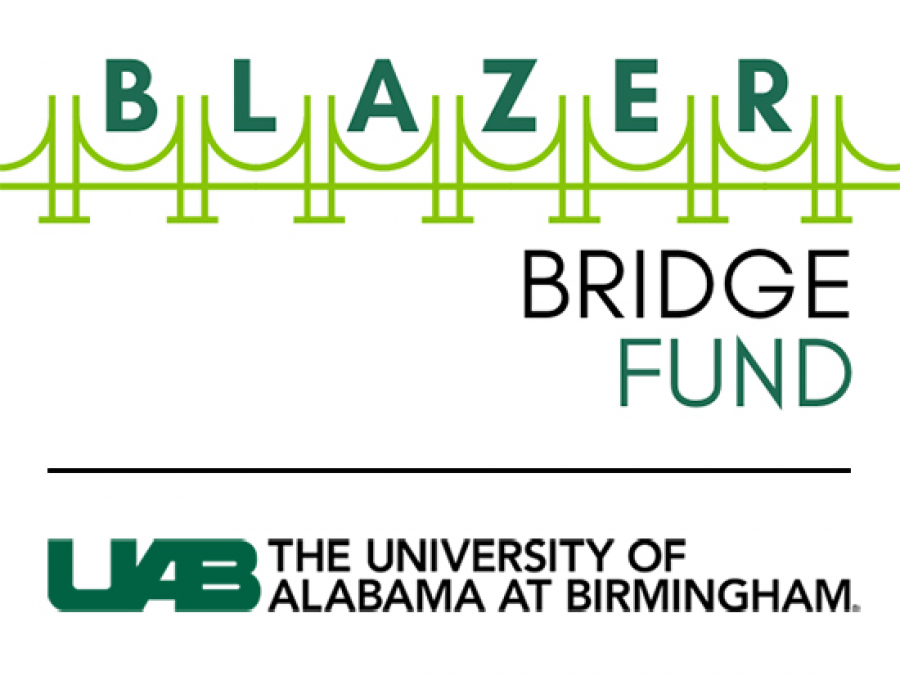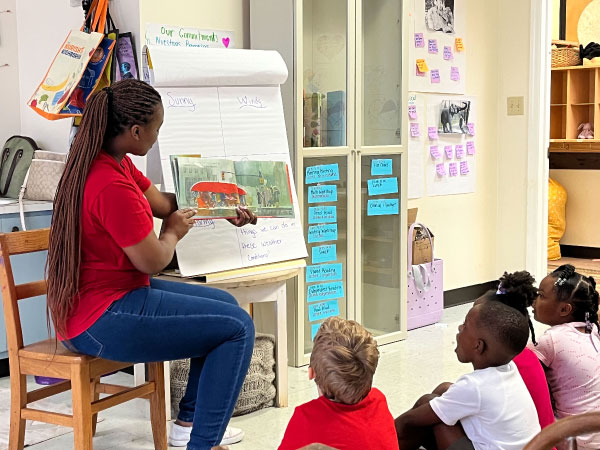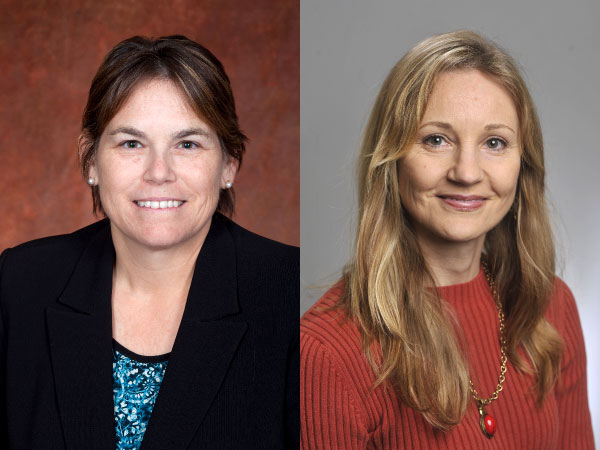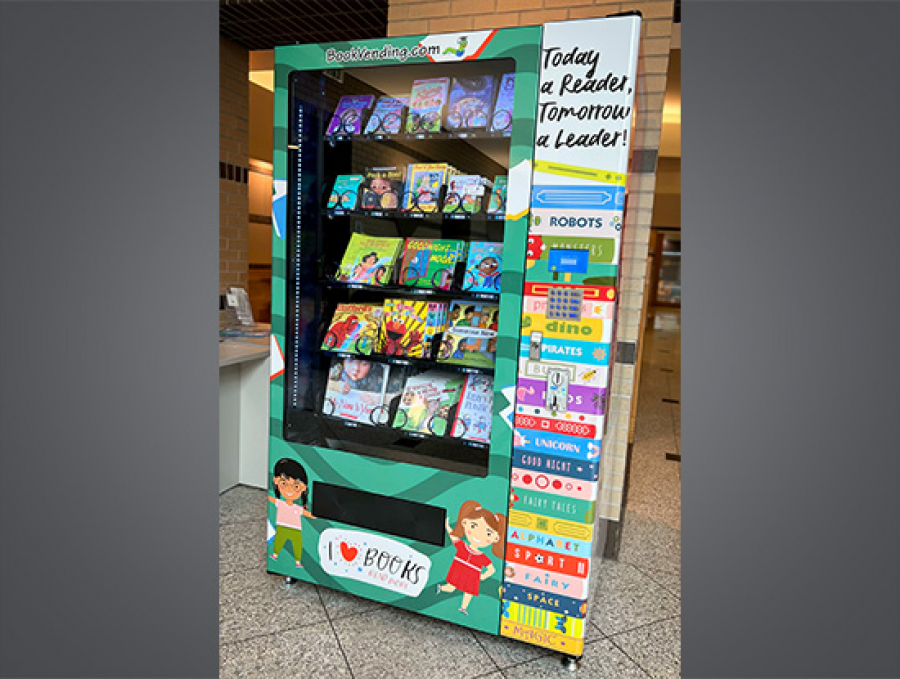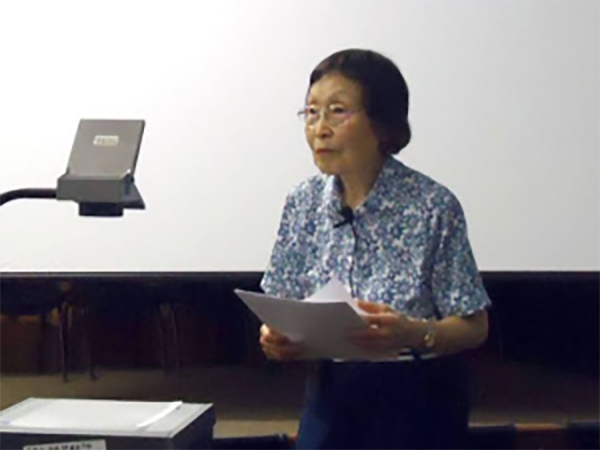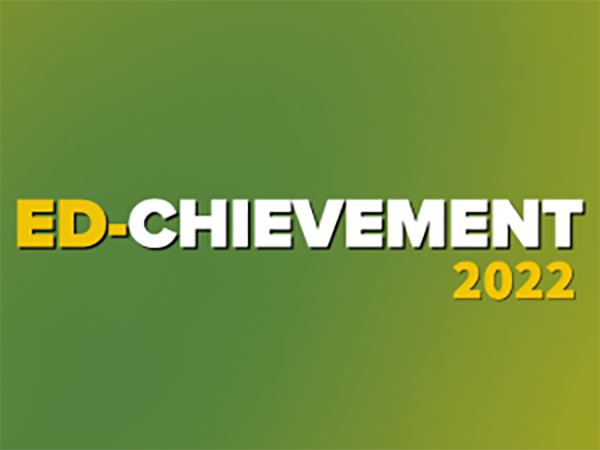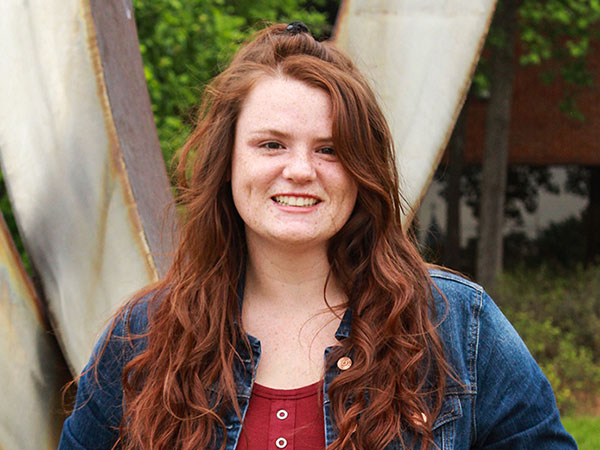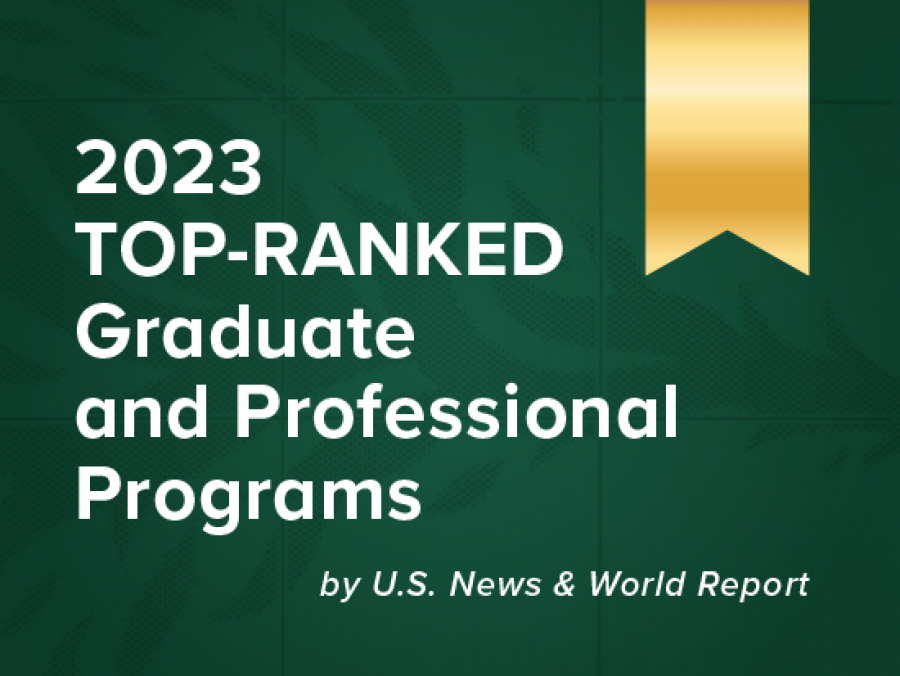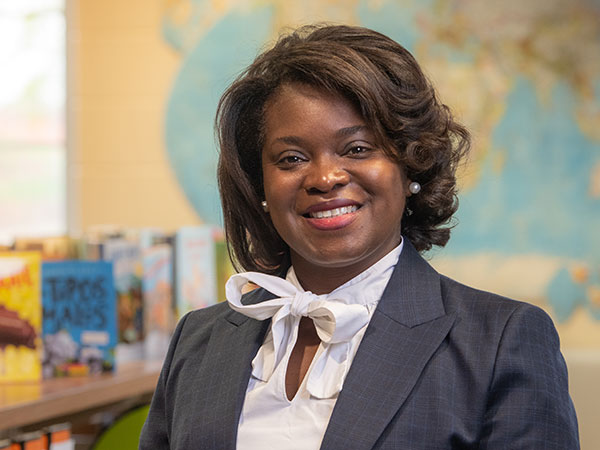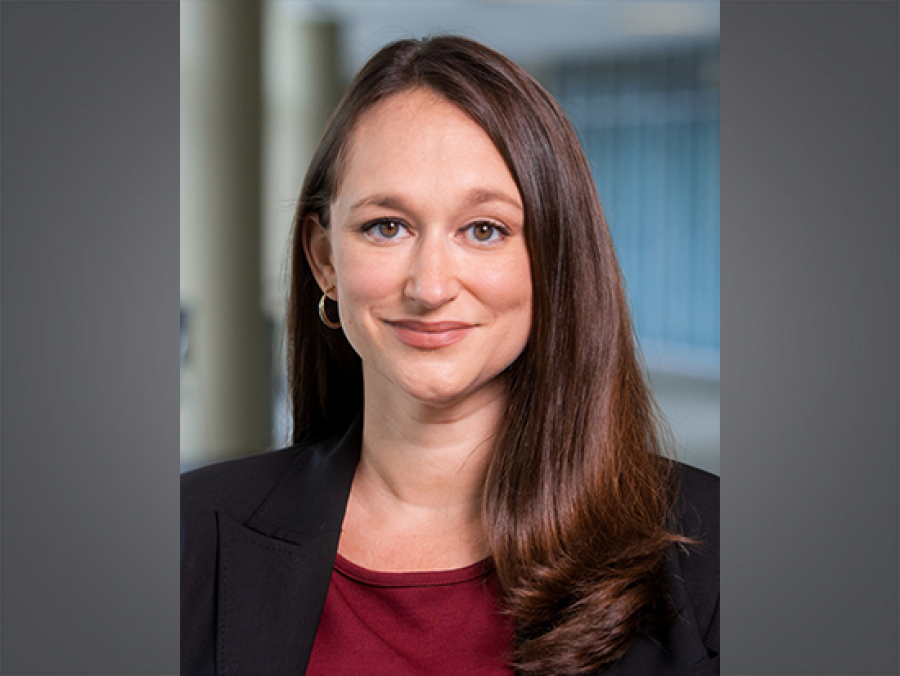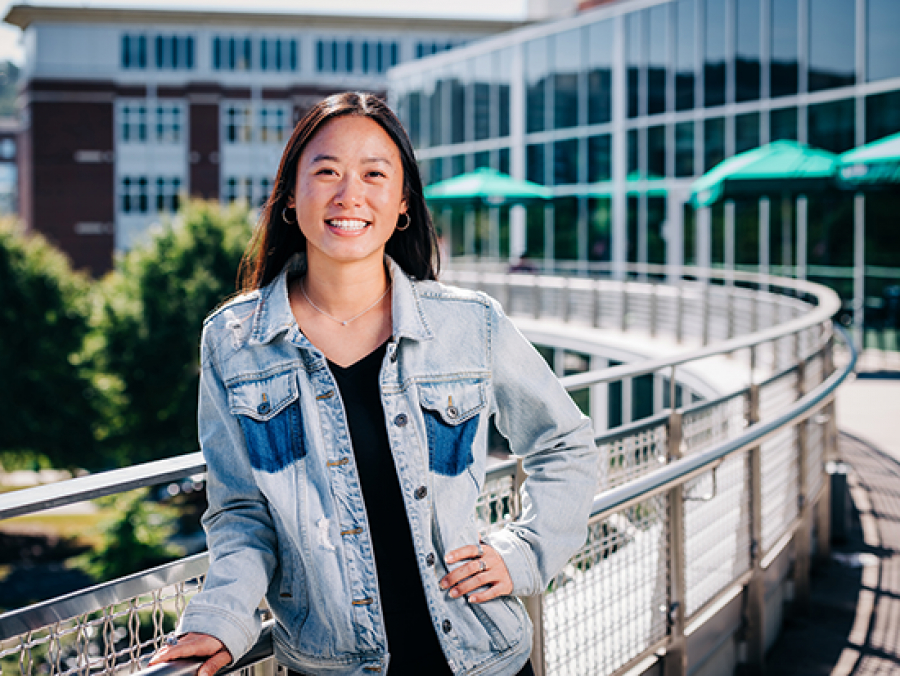A researcher at the University of Alabama at Birmingham, School of Education and Human Sciences recently partnered with a researcher at Birmingham Southern College to study the effects of using the Question Formulation Technique (QFT) on the number and quality of student-generated questions in 5-8-year-olds.
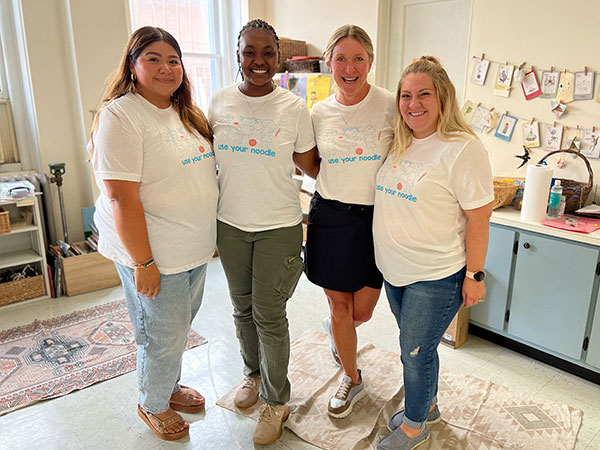
Cora Causey, Ph. D., an assistant professor of early childhood education, received a pilot grant from the School of Education's Office of Research and Faculty Development to continue her collaborative research project with Amelia Spencer, Ph. D., from Birmingham Southern College on student-generated questions.
The focus of the study was to determine if professional development that allows practicing teachers to reflect on their teaching and learn from teaching students to generate and prioritize their questions will impact teacher practice and student-generated questions.
Data was collected over the summer at the Use Your Noodle Summer Camp opens a new website - an innovative program organized and implemented by Avondale Samaritan Place and housed at Avondale United Methodist Church. This enriching experience was designed to empower children ages 4- 8, most of whom were from underserved schools in the Avondale community, by nurturing their passion for learning through asking questions and solving problems using literacy, numeracy, and play.
Four teachers, all UAB School of Education alums, received focused professional development on the QFT, explicitly teaching children to ask questions step-by-step. The QFT process encourages as many questions about a collective prompt (a selected reading, video clip, piece of art, or photograph) as possible. After producing questions, students categorize and strategize to choose the best questions to explore. The final step is reflecting on their learning.
"Research shows children are naturally curious at a young age, and they have the capability to ask questions," states Causey. "Before age five, children ask roughly 30,000 questions, but once they enter school, that number drops significantly. We wondered what would happen if we taught these young children to ask questions using the QFT instructional strategy."
Researchers are still in the preliminary phase of reviewing the data. However, the early results are promising, with the most notable findings in the following areas: Phonemic Awareness, Story Re-telling, and Questioning (Non-Fiction Questions and Number of Questions).
"It was fascinating to see the children develop and evolve their questions," states Causey. "Interestingly, the post-assessment results show students asked more questions; the number of basic information questions decreased, but they more than doubled their wonderment questions. Meaning that the strength of students' questions improved from basic yes or no questions to higher level and open-ended questions."
UAB Teacher Candidates Put Their Coursework into Action
Early Childhood and Elementary Education students enrolled in the early childhood assessment course taught by Lesley Sheek, Ph.D., Assistant Dean of Assessment and Accreditation, over the summer had the unique opportunity to implement their classroom learning through the Use Your Noodle summer program. Teaching candidates performed the pre and post-test assessments of the children and used the results to plan instruction.
Causey and Spencer will present their research findings at The National Association for the Education of Young Children Annual Conference in Nashville this fall.
Watch this video to learn more about the Use Your Noodle summer camp project.
The co-directors research on curiosity and student questions was highlighted as a WVTM CommUNITY Champion.
